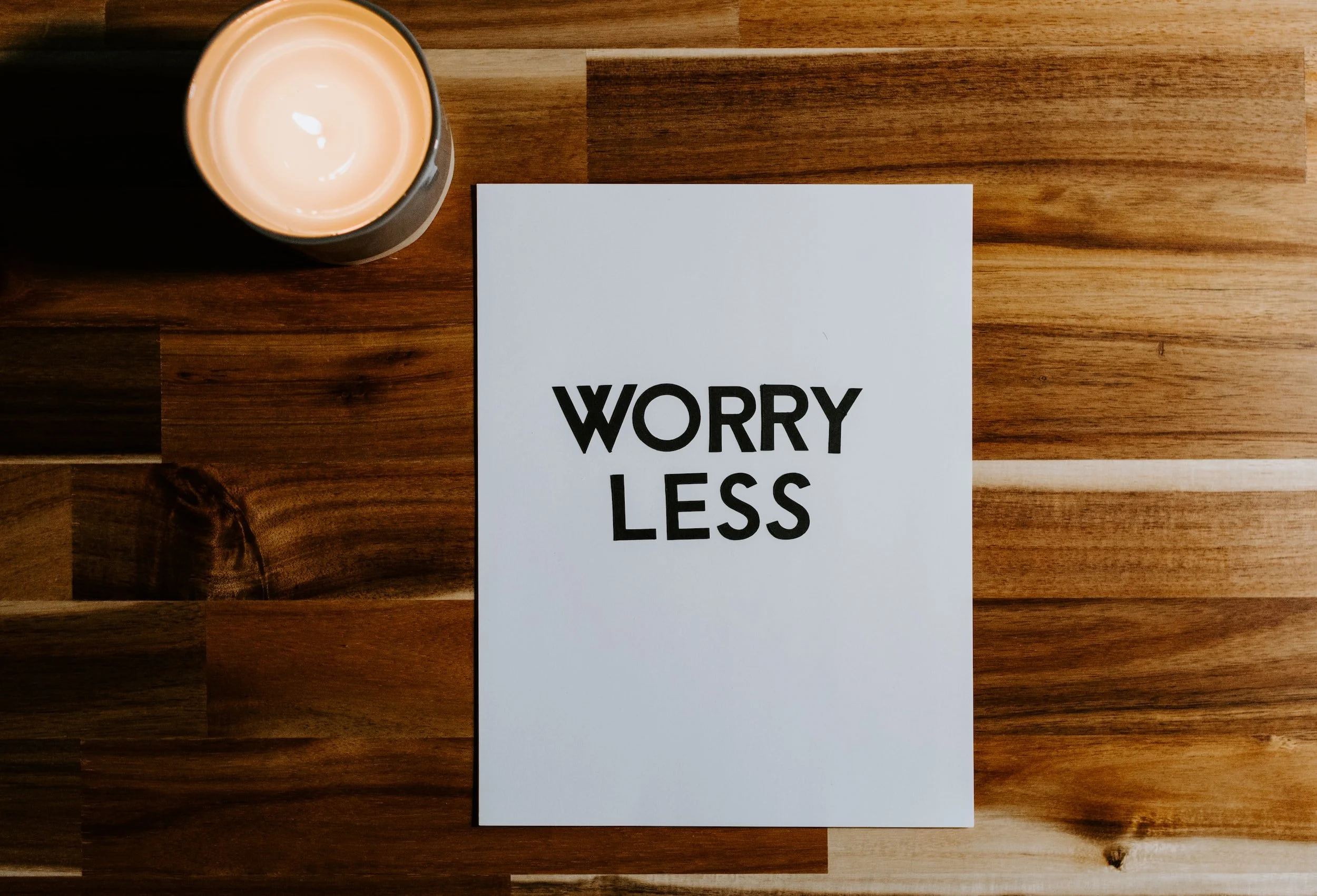What is stress? How do we cope with it?
As we approach the festive season, it seems to me like the stress factor is ramped up with all of this to think about on top of the normal things that preoccupy my mind. So I end up feeling pretty stressed… which got me thinking about the definition of ‘stress’.
When I looked up the dictionary definition, I was reminded that stress means ‘force’ or ‘pressure’ or ‘emphasis’, and during stress awareness month we are also talking about “great worry caused by a difficult situation, or something that causes this condition”.
We are becoming more and more aware of the links between stress and physical illness. Symptoms such as headaches, insomnia, chest pains and high blood pressure can be linked to stress. Stress also affects more cognitive symptoms, and we can notice poor functioning, focus, concentration, and memory. Every research paper that you read reinstates the importance of ‘prevention being better than cure’. Hence the importance of developing a ‘toolbox’ of useful stress reduction ideas.
Endorphins are the body’s natural painkillers. We can encourage the release of endorphins from various activities (not just eating chocolate apparently). These include exercise, meditation, playing music, sex, acupuncture, laughter, and ultra-violet light.
Finding helpful meditation and mindfulness exercises along with a short stint outdoors can become useful habits. Gentle movement is also good as our body is not designed to remain static. There are several studies that have identified how beneficial getting outdoors and into nature can be for lowering stress levels. The importance of seeing greenery, trees, bushes or water can establish significant stress-free times. This is often a time when we can be more mindful, and spring is a lovely time to focus on the nature around us.
Whilst looking into the topic of ‘stress’ I found the TED talk by Dr Olivia Remes (from the University of Cambridge) called ‘How to cope with anxiety’ in which she talks through a few coping strategies for managing anxiety.
Dr Remes says that first off, we should forgive ourselves. Practising self-compassion is a skill, but how often do we catch the negative comments we say to ourselves that we wouldn’t dream of saying to anyone else? Would you really berate someone else in the same way?
She also mentions the need to have a purpose or a meaning in life. We all need something to get up for; something that drives us. Experiencing any life change may come with many challenges and finding a meaning when it feels like the rug has been pulled away from underneath you can be tricky. Adapting to change will involve searching for the momentum that may have been lost, but consider doing one thing with someone else in mind.
“Anything worth doing, is worth doing badly the first time”. This comment by Dr Remes really resonated with me. I spend time with clients talking about how perfectionism can be so draining. Dr Remes explains it better: she says that doing things badly can apparently catapult us into action and stops the paralysis of starting an activity in the first place. It stops us from abandoning things and frees up action. There is never going to be a ‘perfect’ time, (and thinking there is can be daunting). Dr Remes suggests aiming for anything less than perfection. She says it is better to do something badly than succumbing to procrastination. Apparently by not starting something, perfectionists can feel in a rut and this leads to rising stress levels. So the suggestion is to do something, anything, badly. She talked about a friend who experienced high anxiety levels and is now following Dr Remes’ motto. The friend described how this had given her “wings to take risk” as well as allowing her to have fun throughout the process. FUN, something that is also great for lowering stress levels. So please, have a go – and if it doesn’t go well – enjoy the process – you know you are doing something very important for your health.
Written by Charlie Adler, Specialist Occupational Therapist


